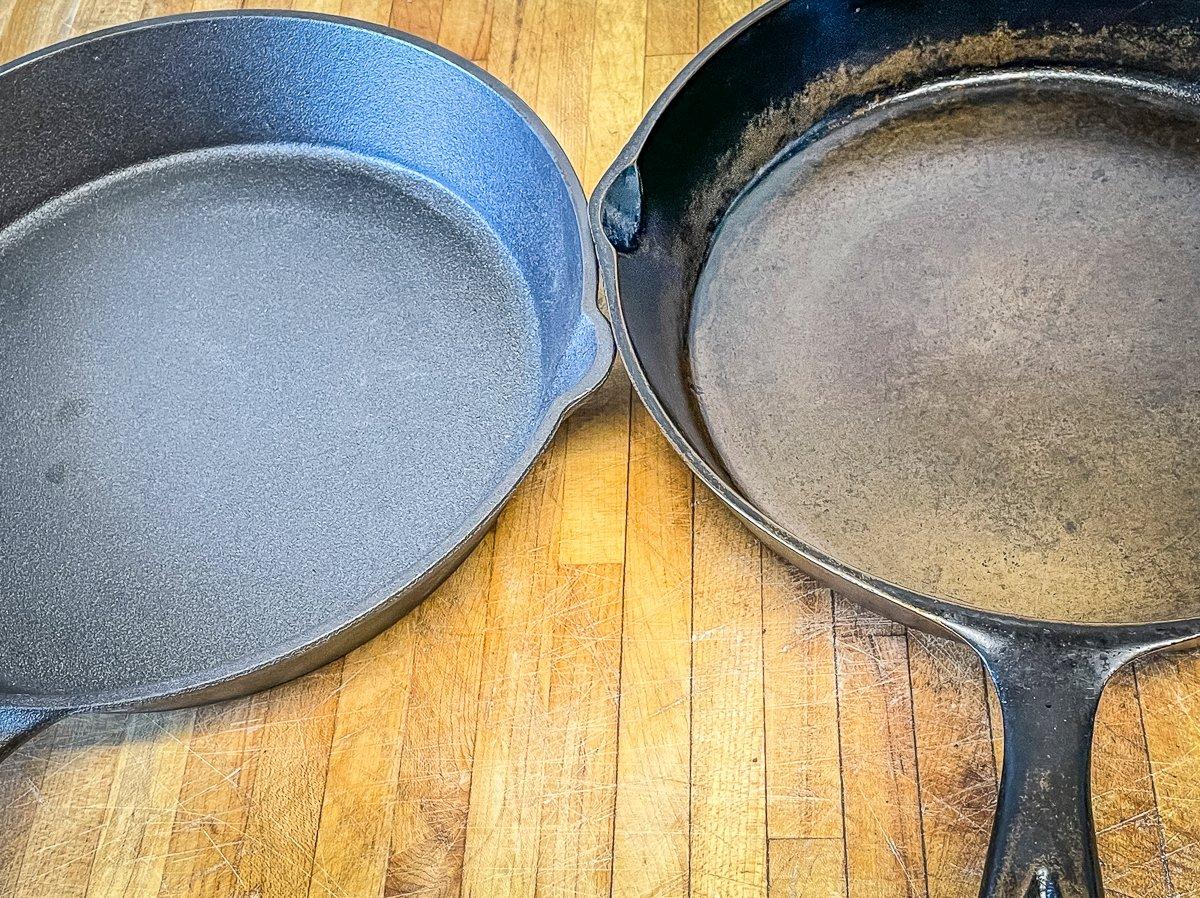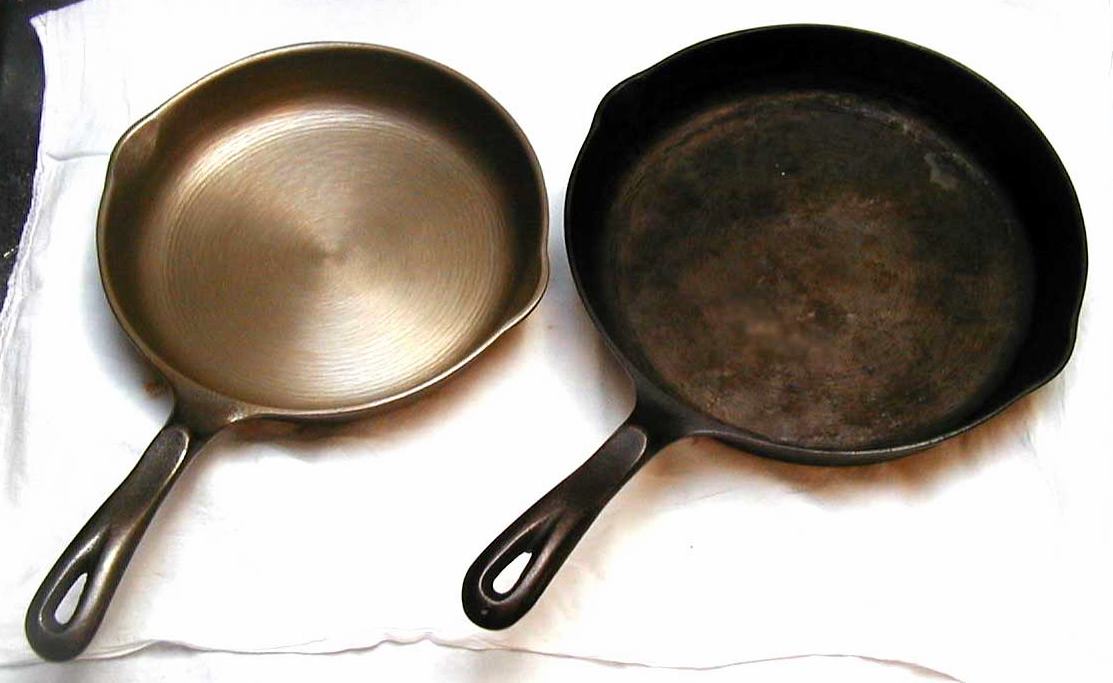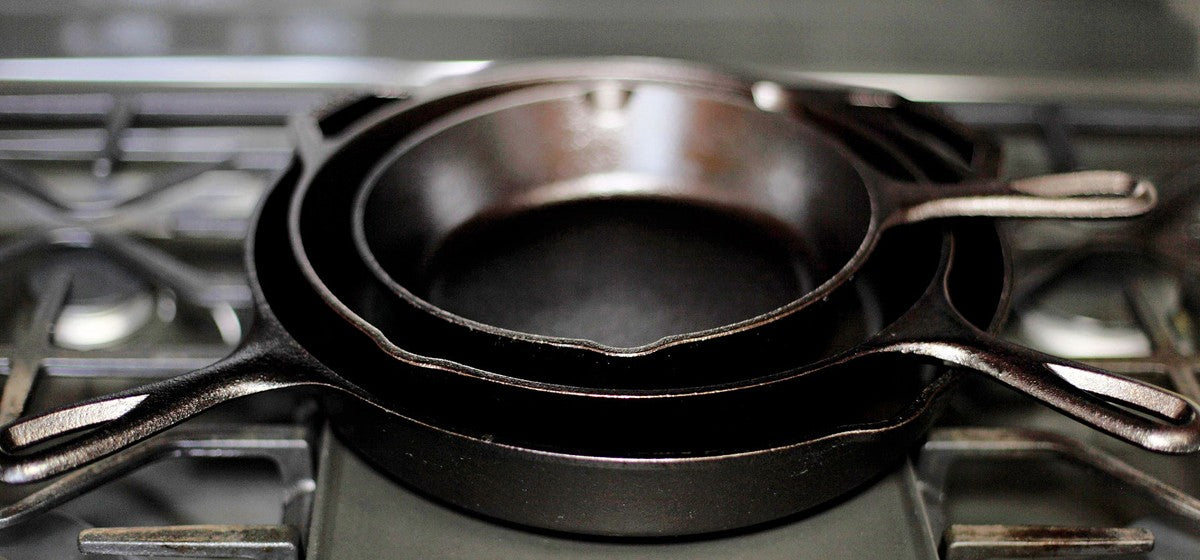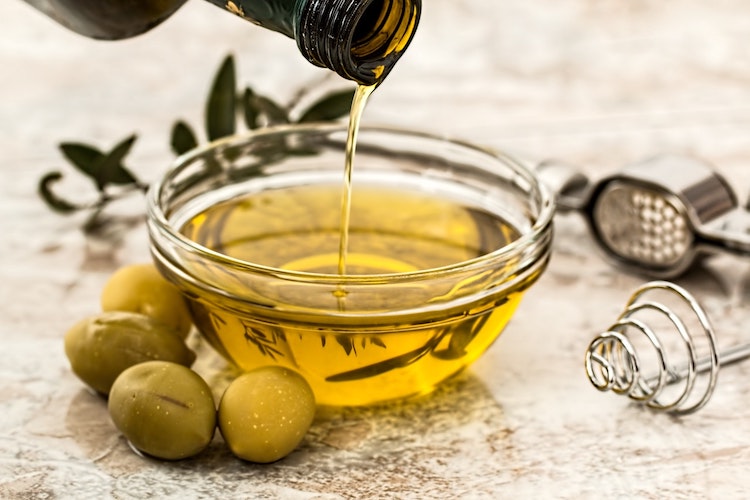When it comes to using cast iron cookware, one of the most frequently asked questions is 'is cast iron supposed to smoke when seasoning?'. For kitchen professionals, understanding this process is essential not only for the longevity of their cookware but also for the safety and quality of the food that will be prepared in it. This article aims to provide you with a comprehensive overview of why smoking occurs when seasoning cast iron, the technology involved, and how to achieve that perfect seasoning.
For many veteran cooks, the aroma of smoking oil can evoke feelings of nostalgia, reminding them of countless meals cooked in a well-seasoned skillet. However, for those just starting or looking to improve their craft, the smoking issue can be quite alarming. Thus, lets delve deep into the world of cast iron seasoning.
:max_bytes(150000):strip_icc()/GettyImages-614986450-2000-f7ac499e535845c2903ff48843e0b142.jpg)
The Basics of Cast Iron Seasoning
Before we tackle the smoking aspect, it is crucial to understand what seasoning cast iron means. Seasoning refers to the process of applying a thin layer of fat or oil to the surface of the cast iron, which is then heated to create a non-stick coating. This process not only enhances the cooking performance but also protects the iron from rust.
Why Does Cast Iron Smoke When Seasoning?
When preparing to season cast iron, it is typical to use oils with high smoke points. However, cooking at high temperatures can sometimes result in that unexpected smoking. This might prompt the question: 'is cast iron supposed to smoke when seasoning?'. While a *certain amount of smoke is normal*, excessive smoking can indicate a few potential issues, including:
- Oil Type: Using oils with low smoke points can cause more smoking.
- Temperature: Seasoning at excessively high temperatures can lead to excessive smoking.
- Residue: Old food residue might be left on the skillet, which can lead to smoking when heated.
How to Properly Season Cast Iron
Having answered whether 'is cast iron supposed to smoke when seasoning?', lets look at how to effectively season your cookware without unwanted smoke.
- Clean Your Cast Iron: Before seasoning, ensure that the skillet is clean. Use warm soapy water to scrub away old seasoning or food residue.
- Choose the Right Oil: Oils like flaxseed, grapeseed, or canola are excellent options due to their high smoke points.
- Apply a Thin Layer: Apply a very thin layer of oil to the cast iron's surface. Too much oil can lead to a sticky residue.
- Heat to the Right Temperature: Preheat your oven to around 375F. Be careful not to exceed 500F as this can burn the oil.
- Cool Down: Allow the skillet to cool completely after the oil has baked into the surface.
For more detailed instructions, you can check out how to season cast iron.
Troubleshooting Common Issues
If your cast iron cookware is still smoking excessively, consider the following troubleshooting tips:
- Re-clean: Sometimes, a second cleaning can make a significant difference.
- Change your Oil: Switching or experimenting with different oils can help.
- Temperature Check: Ensure your ovens thermostat is functioning accurately.
Its necessary to know that while smoking is common during seasoning, it should not be intense or prolonged. If it is, re-evaluating the procedure may be required.
Best Practices for Maintaining Cast Iron Cookware
To ensure the longevity and effective performance of your cast iron, follow these practices:
- Regular Maintenance: Regularly season your skillet, especially if you notice it losing its non-stick properties.
- Proper Cleaning: Avoid soaking and use minimal soap to clean after use.
- Dry Immediately: Always dry your cast iron immediately after washing to prevent rust.
If you want to learn how much oil to use when seasoning cast iron, follow this guide.
Frequently Asked Questions
1. Is cast iron supposed to smoke when seasoning?
Yes, it can smoke, but excessive smoke indicates an issue.
2. What is the best temperature for seasoning cast iron?
The best temperature for seasoning is around 375F to 450F.
3. How often should I season my cast iron skillet?
It is advisable to season your skillet every couple of months or as needed.

Conclusion
In conclusion, understanding whether 'is cast iron supposed to smoke when seasoning?' hinges on a blend of techniques and the types of oils used. If you're attentive to the details, seasoning can become not only a functional process but also a significant part of your cooking tradition. Remember, with the right **techniques**, your cast iron can be your best kitchen companion for years to come!
As an Amazon Associate, I earn from qualifying purchases.






Leave a comment
This site is protected by hCaptcha and the hCaptcha Privacy Policy and Terms of Service apply.